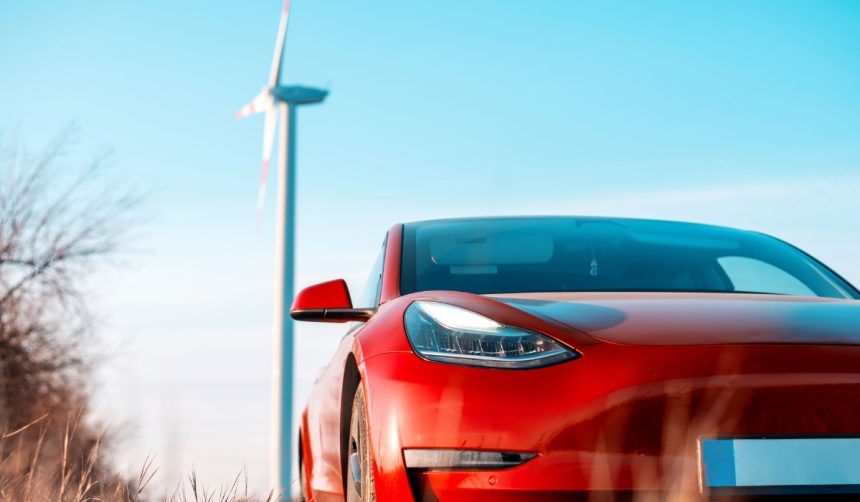China’s leading electric vehicle manufacturer, BYD, is exploring a strategic partnership with Tesla to jointly combat the prevalence of internal combustion engine (ICE) vehicles. This initiative signifies a potential shift in the competitive landscape of the global EV market, where both companies are striving to enhance their technological advancements and market share. The collaboration could lead to significant developments in EV technology and infrastructure, benefiting consumers and the environment alike.
Recent reports indicate that both BYD and Tesla have been intensifying their efforts to dominate the EV sector through continuous innovation and expansion into new markets. This move by BYD to seek cooperation with Tesla marks a notable change from the traditional rivalry, suggesting a united front against common challenges faced by the EV industry.
How Will BYD and Tesla Collaborate?
BYD executive vice president Stella Li mentioned the intention to work together with Tesla to eliminate ICE vehicles.
“Our common enemy is the internal combustion engine car. We need to work together… to make the industry change,”
Li stated during an interview at a BYD showroom in London. This collaboration may involve sharing technologies, joint ventures in manufacturing, or coordinated efforts in market expansion.
What Impact Will This Have on China’s EV Market?
The partnership is expected to strengthen China’s position as a leader in electric vehicle adoption. Li highlighted that China’s robust EV market serves as a model globally, emphasizing the country’s commitment to sustainable transportation solutions. This cooperation could further accelerate EV adoption rates and set new standards for quality and innovation within the industry.
Are Autonomous Driving Innovations Advancing?
Both BYD and Tesla are investing heavily in autonomous driving technologies. BYD has introduced its “God’s Eye” self-driving system across most of its models in China at no additional cost, while Tesla has expanded its Full Self-Driving (FSD) features within the Chinese market. Early user feedback has been positive, indicating that these advancements are enhancing the functionality and appeal of electric vehicles.
The potential collaboration between BYD and Tesla represents a significant development in the EV industry. By combining their strengths, these two major players could drive substantial progress in electric vehicle technology and infrastructure, ultimately benefiting consumers and contributing to global sustainability efforts. This partnership may also influence other automakers to consider similar alliances, fostering a more cooperative and innovative market environment.










